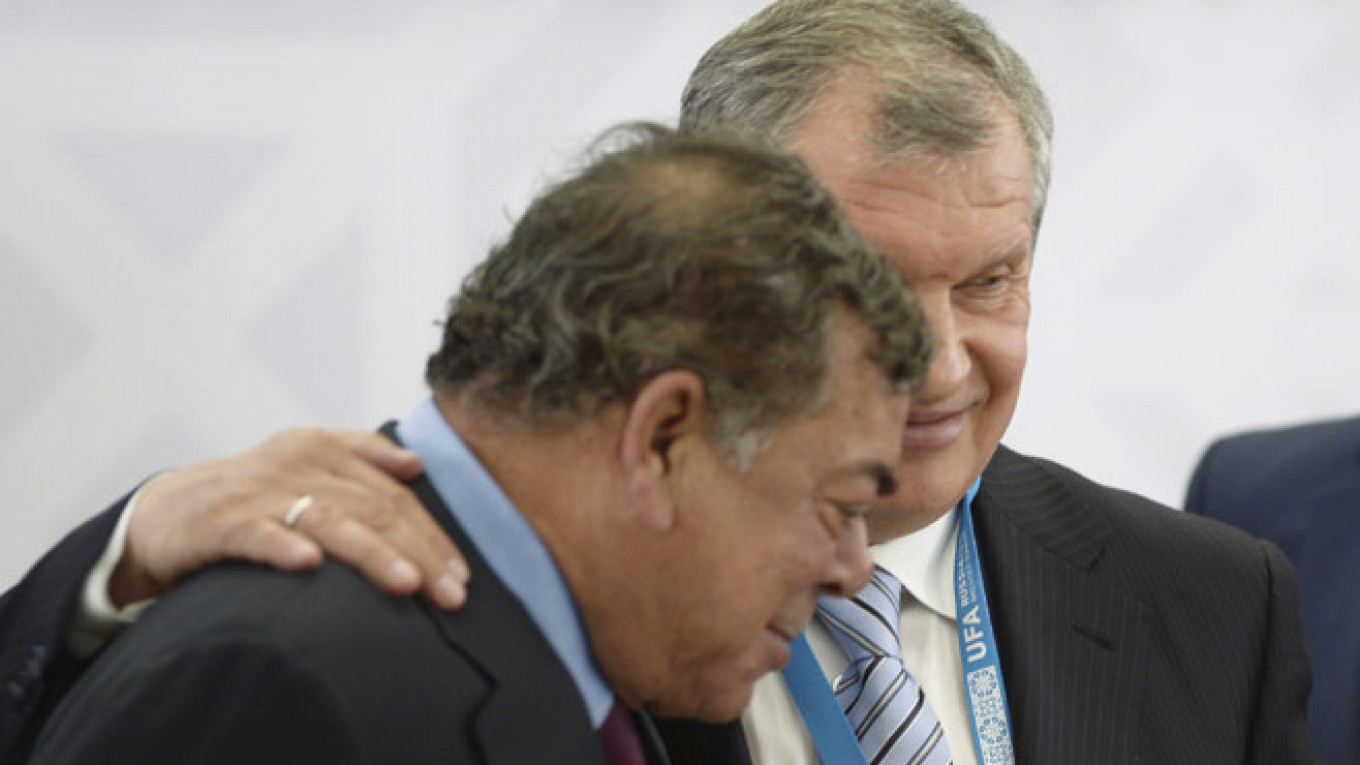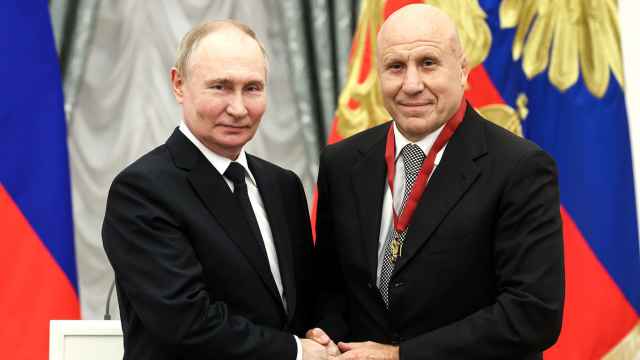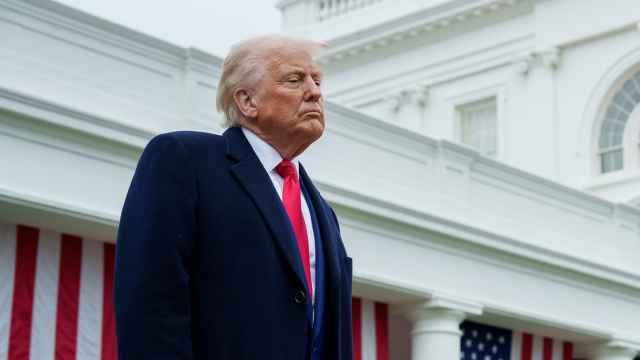Top Russian oil producer Rosneft has raised the stakes in its battle with Saudi Arabia for market share by securing new Asian markets to hedge against the risk that any new Western sanctions could hit crude sales.
Rosneft said on Wednesday it had signed a preliminary deal to buy a 49 percent stake in Essar Oil, which controls the Vadinar oil refinery, India's third largest.
Rosneft's Foreign Oil Refining Assets
Reuters
Rosneft has signed a preliminary deal to buy a 49 percent stake in Essar Oil, which controls the Vadinar oil refinery, India's third largest. Rosneft also signed a deal to supply the refinery with 200,000 barrels per day for the next 10 years.
Following is a list of the foreign downstream investments of Rosneft, which also owns nine large oil refineries in Russia with total annual throughput of 87 million tons:
• Rosneft controls 50 percent of Ruhr Oel, which has stakes in four refineries in Germany, Gelsenkirchen, MiRO, Bayernoil and PCK Schwed, accounting for about a fifth of Germany's refining sector capacity.
• Rosneft owns 20.99 percent of Italy's Saras refinery with capacity of 300,000 bpd, or a sixth of Italy's total.
• Rosneft owns 49 percent in a project that aims to build a 320,000 bpd refinery in China's Tianjin in 2019. China's CNPC controls 51 percent of the project.
• In June, Rosneft signed a memorandum that paves the way for purchasing 30 percent of China National Chemical Corp's ChemChina Petrochemical Co. (CCPC).
Rosneft also signed a deal to supply the refinery with 200,000 barrels per day for the next 10 years.
The deal is consistent with Rosneft's goal to send 40 percent of its oil exports to Asian markets by 2019, up from about a third now, following a chill in relations with the West over Moscow's role in the Ukraine conflict.
"India and China are the two most interesting markets both for crude oil and oil products. Those are colossal markets in terms of population," said Sergei Pigarev, analyst with Rye, Man & Gor securities.
"The deal will, of course, allow Rosneft to cement its position there and help to get more market share from Saudi Arabia, though we have to look at the prices, how much is Rosneft is paying?"
Saudi Arabia fell behind Russia and Angola as the biggest crude suppliers to China in May. The OPEC kingpin also lost its spot as India's top oil supplier to Nigeria for the first time in at least four years.
While Rosneft sends the bulk of its oil to nine large refineries in Russia, it has interests in German and Italian refineries and is looking to get a slice of the market in China.
The European Union and United States have imposed wide-ranging sanctions on Russian companies and individuals, including Rosneft's Chief Executive Officer Igor Sechin, a close ally of President Vladimir Putin, after Moscow annexed the Crimean Peninsula from Ukraine last year.
The sanctions include visa bans and restrictions on access to Western capital, as well as stopping Western firms providing technology or assistance to tap unconventional oil in Russia.
Russian oil and gas sales, which account for half the country's federal budget revenues, have not been affected by the sanctions so far, though some participants fear the worst.
"The rationale for the deal appears to be finding a new long-term market for Rosneft's crude outside of the EU to minimize the risk of disruptions," analysts at Russian bank UralSib Capital wrote in a note.
A Message from The Moscow Times:
Dear readers,
We are facing unprecedented challenges. Russia's Prosecutor General's Office has designated The Moscow Times as an "undesirable" organization, criminalizing our work and putting our staff at risk of prosecution. This follows our earlier unjust labeling as a "foreign agent."
These actions are direct attempts to silence independent journalism in Russia. The authorities claim our work "discredits the decisions of the Russian leadership." We see things differently: we strive to provide accurate, unbiased reporting on Russia.
We, the journalists of The Moscow Times, refuse to be silenced. But to continue our work, we need your help.
Your support, no matter how small, makes a world of difference. If you can, please support us monthly starting from just $2. It's quick to set up, and every contribution makes a significant impact.
By supporting The Moscow Times, you're defending open, independent journalism in the face of repression. Thank you for standing with us.
Remind me later.






